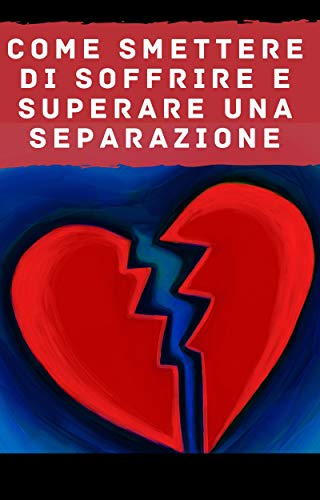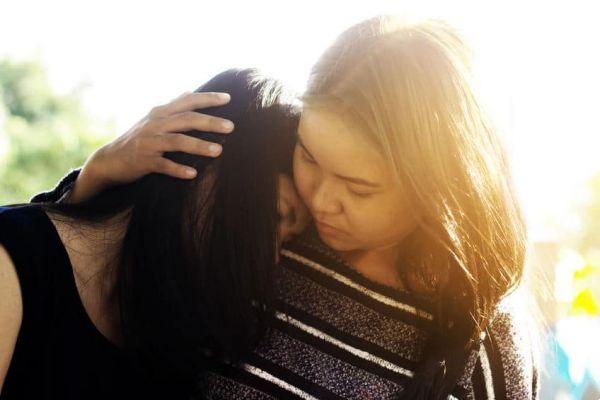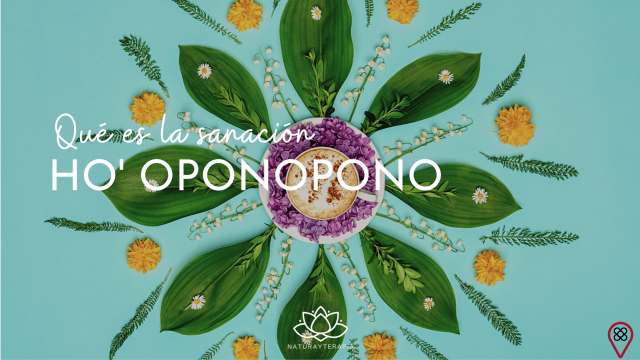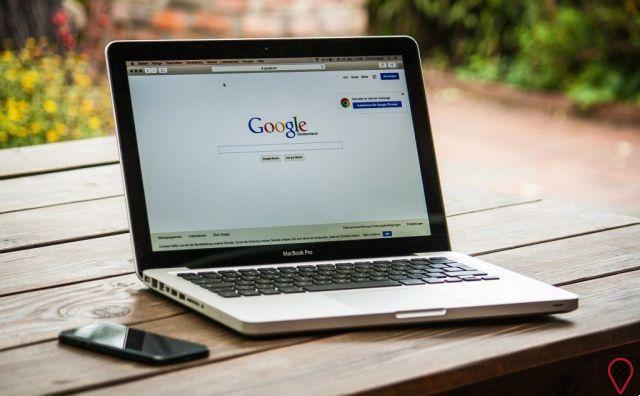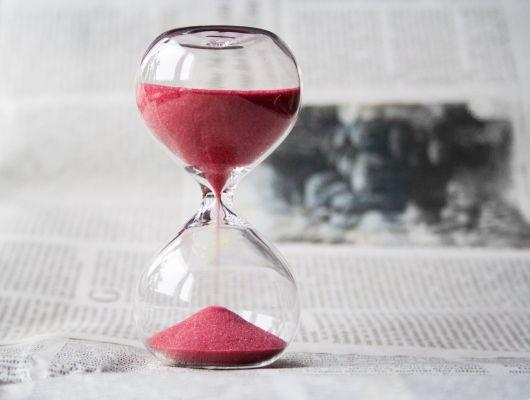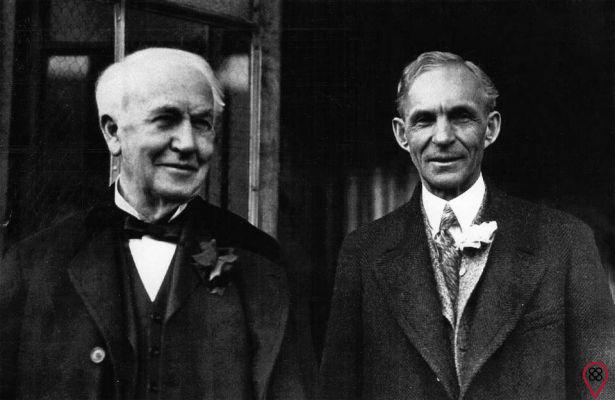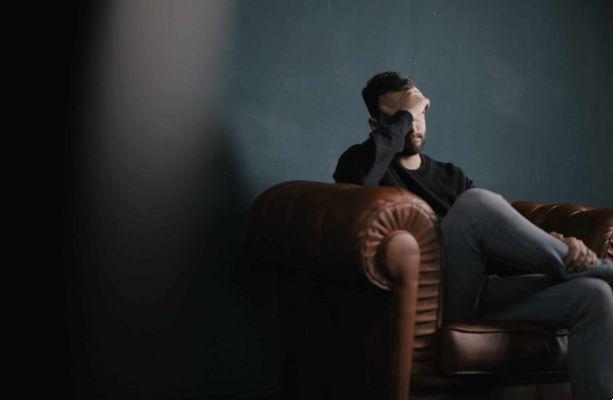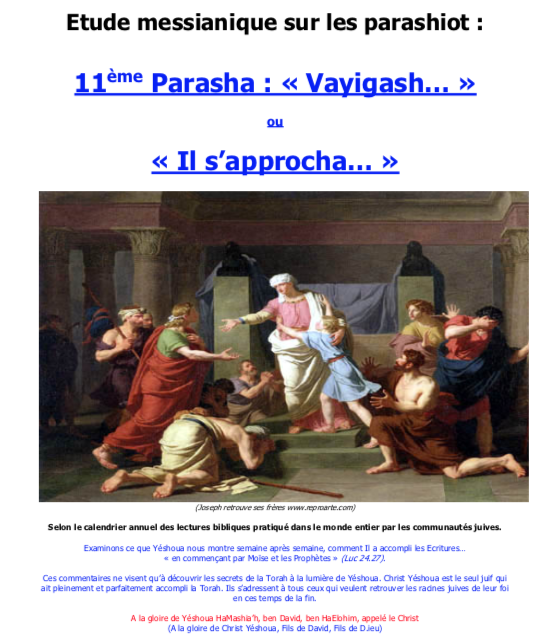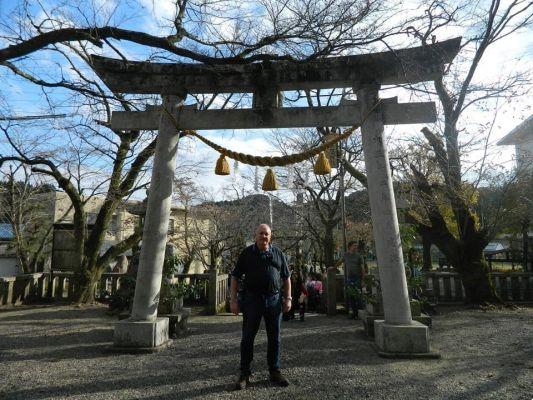But what is a family doctor? What kind of service do you do? Is it a specialty?
Family doctor is the one who accompanies the whole family, from children, pregnant women, adults and the elderly. He knows and values the family's history, seeks to promote health, can resolve about 90% of complaints and when he needs to refer, he knows which specialty is most suitable. By the way, family medicine is one of the oldest specialty that is now being valued again by the best hospitals, as it has shown its value.
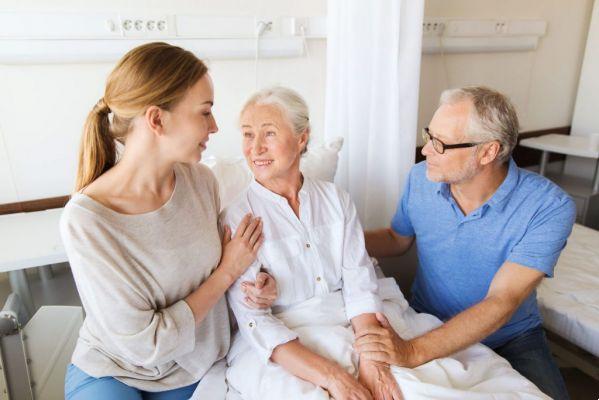
Family Medicine is a people-centered medicine, aimed at rescuing the relationship of trust between doctors and their patients, with a greater bond resulting from the establishment of solid and lasting relationships between doctors, patients, their families and society.
The implications for health, well-being and quality of life resulting from this form of work are remarkable. It should be noted that respect for the moment and condition of life of each individual, according to their references and empathy with patients. This is because, many times, people are faced with dramatic and conflicting situations, they are the center of Family Medicine's performance.
It is necessary to humanize! Discourses of this nature abound, but the point is that practice is often very distant. Empathy must prevail over the “protocols” that restrict the “art” of medicine to reach the depth of that determined in the life of each individual with their uniqueness and each family.
The technical knowledge of the medical sciences must be on the same level as the affective and human skills.
 Faced with the complexity of personal, family, professional and economic conflicts, they are incredibly more relevant, having a much greater impact on health and well-being, or on illness and symptoms. It is essential to maintain a positive view of health, after all, it is much more advantageous to use the placebo effect in favor of people than the opposite effect known as Nocebo, in which a pessimistic presentation of the clinical situation causes the worsening of symptoms and difficulties in the evolution or adherence to treatment.
Faced with the complexity of personal, family, professional and economic conflicts, they are incredibly more relevant, having a much greater impact on health and well-being, or on illness and symptoms. It is essential to maintain a positive view of health, after all, it is much more advantageous to use the placebo effect in favor of people than the opposite effect known as Nocebo, in which a pessimistic presentation of the clinical situation causes the worsening of symptoms and difficulties in the evolution or adherence to treatment.
Regarding the Positive Health Concept, the focus of care should be the promotion of self-care and resilience with an emphasis on health. A principle that goes far beyond recommendations for changing habits. A change of perception is proposed, a look at health in its broader concept and another look at the disease, attributing a lesser value to that person's life.
It is very important that professionals encourage a posture with mental flexibility and acceptance of some situations, encouraging personal growth and acquisition of new fundamental skills at any stage of life.
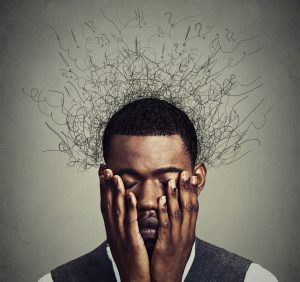
Many of the health problems are related to the anticipation of situations, fears that are sometimes real and sometimes imaginary, which need to be faced with support from the team, as well as concerns or “pre-occupations”.
I remember that, in these situations of greater anxiety, we must reflect on whether there is something to be done at that particular moment for that particular situation. If so, let's do what needs to be done. If there is nothing to be done at that particular moment, the anxiety that generates physical and mental exhaustion, additional difficulties, illnesses and confusions that only worsen the situation will be useless.
We must remember that the more serious the difficulties, the greater the need to remain calm in order to be able to face the challenges that life imposes on us. Thinking about God helps a lot, talking to friends, small walks, good music, good reading, physical activity, getting out of the routine or just facing the routine with resilience.
Wanting to solve the dramas of people and families with drugs, be they anxiolytics, antidepressants, analgesics, antihypertensives, hypoglycemics (for diabetes), hypercholesterolemics (for cholesterol), serum to hydrate or any others, even if they are placebos, without identifying and treating the causes is asking to be frustrated.
Since its beginnings, medicine has recognized the importance of food, being attributed to Hippocrates (the Father of Medicine) the phrases:
“May food be your only medicine” and “May your food be your medicine, and your medicine your food”.
It is indisputable that healthy eating is necessary, as well as regular physical activity.

After all, whose responsibility is it?
The responsibility belongs to each one of us, there is no point in blaming politicians, the economic situation, traffic, strangers, friends and family for the food and lifestyle that each one chooses. Such measures are effective, adopted at the right time and can prevent the occurrence of a large proportion of diseases.
Many relate healthy eating only to the quality or preparation of food, we must remember that the amount of food ingested defines the benefit or harm of food.
The issue of low water intake causes serious problems, being one of the main causes of hospitalization among the elderly who at some stage of their lives no longer feel thirsty.
I often ask people I see if they know what percentage of water we have in our bodies, 70 to 74% or more. That's a lot of water! Why do we need so much water? I make a point of explaining, I take about 5 minutes to clarify that we need water for breathing, blood circulation, the functioning of each of the cells, the functioning of the kidneys, to swallow food, for the intestine to function, we have water in the skin, in the eyes, head, spine and each joint, as a way to avoid wearing down the bones with movements. Our whole body works on water.

Life must be cultivated and cared for!
To Dr. Hildegard of Bingen, doctor specializing in phytotherapy, said that:
“The patient is not seen as a machine to be fixed, but as a plant. And the doctor is not like a mechanic, but like a gardener who takes care of him.”
I have been looking for different specializations to improve this “Art of Healing”, meaning the word Medicine, which goes far beyond the resolution of symptoms and diseases. My quest has been to rescue in practice some teachings that are far removed from the daily routine of the office so that I can be faithful to some principles, such as empathy, compassion and the best in scientific-technological knowledge.
In this sense, Reconnective Healing®, which has been practiced all over the world for decades and which I have incorporated into my professional activities as a pragmatic way of promoting physical and emotional balance to my patients, is a revolutionary integrative practice, should be used in association to medical resources.
For me, medicine implies time to listen, build bonds and cultivate lasting relationships between doctors, patients and families, it implies practicing self-care to know how to care and treatments must be based on the particularity of each individual, valuing life in all its forms. its dimensions. That's what I believe.
You may also like another article by this author. Access: Reconnective Healing



